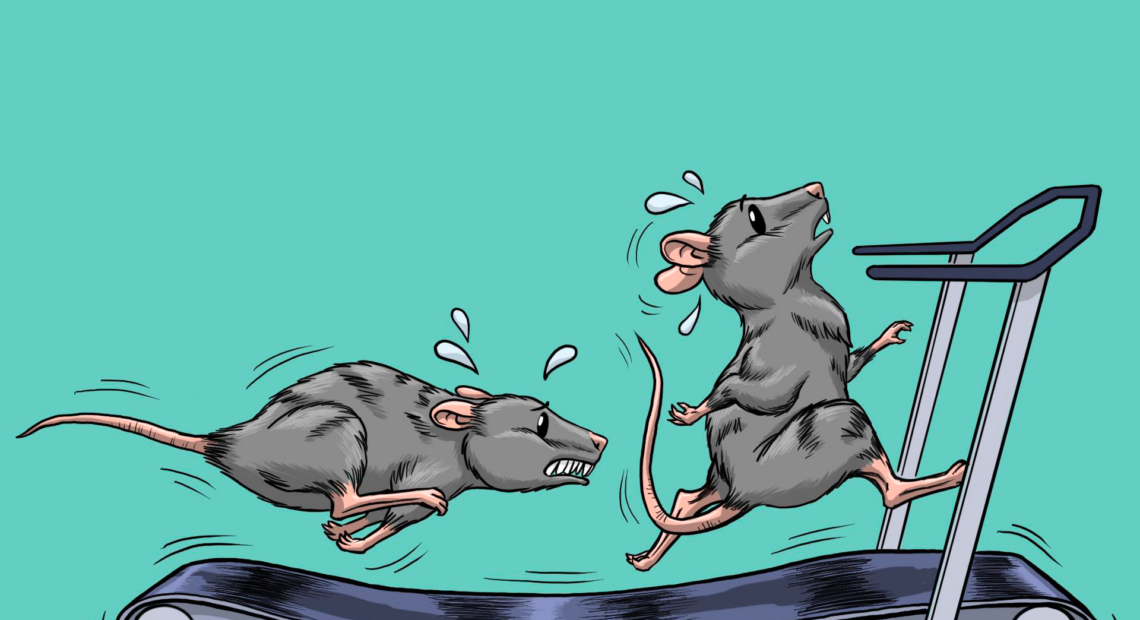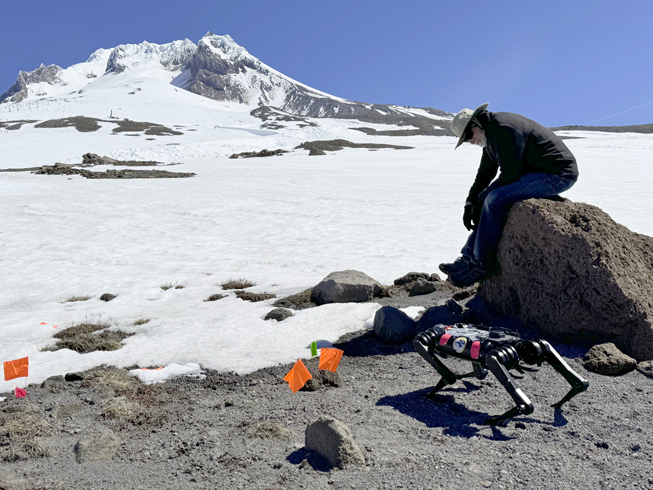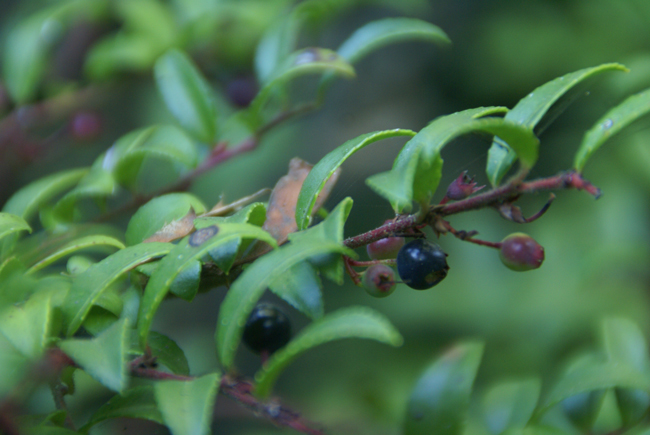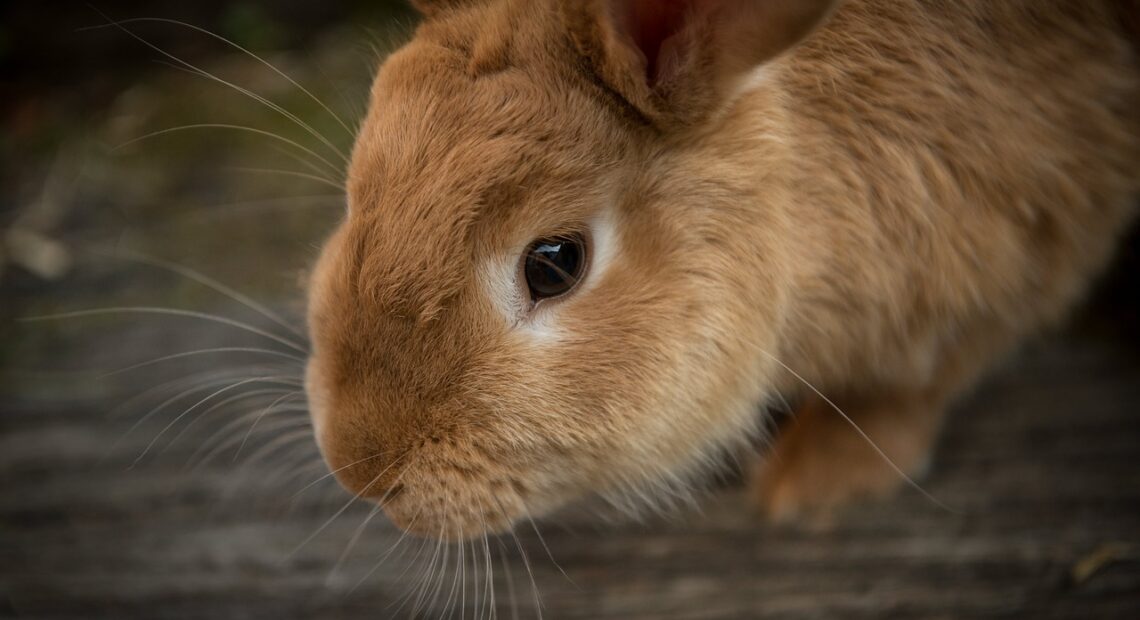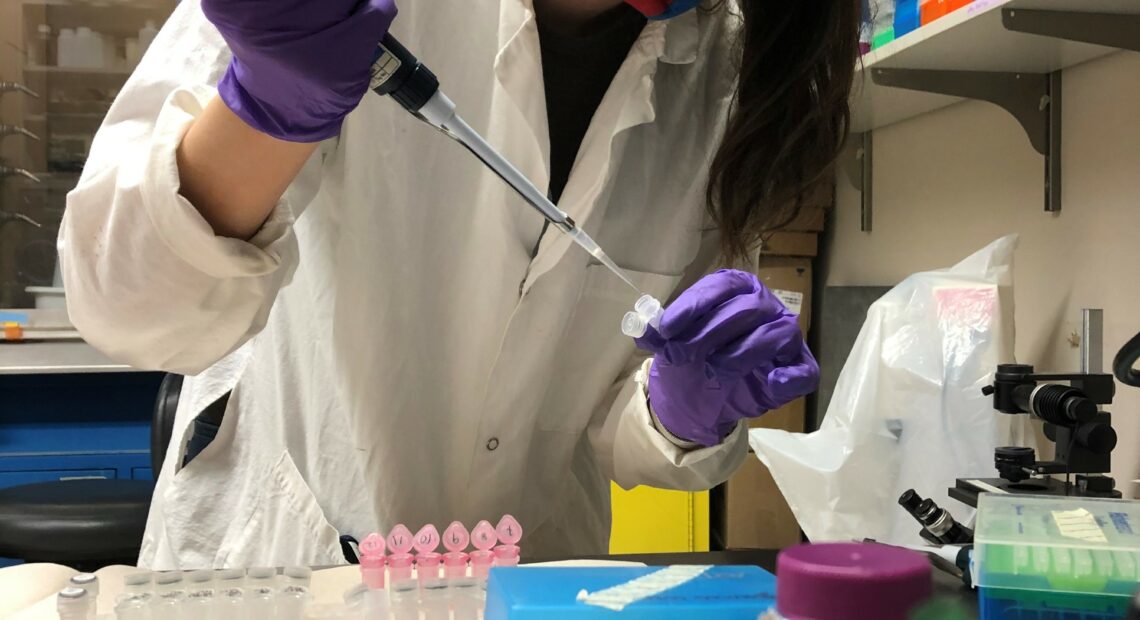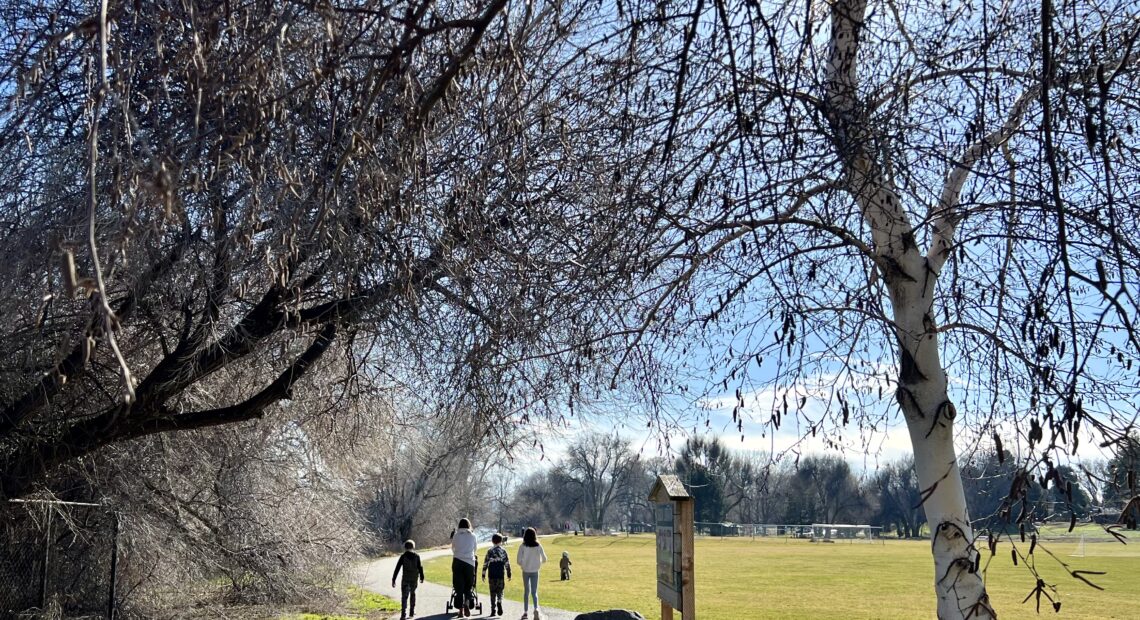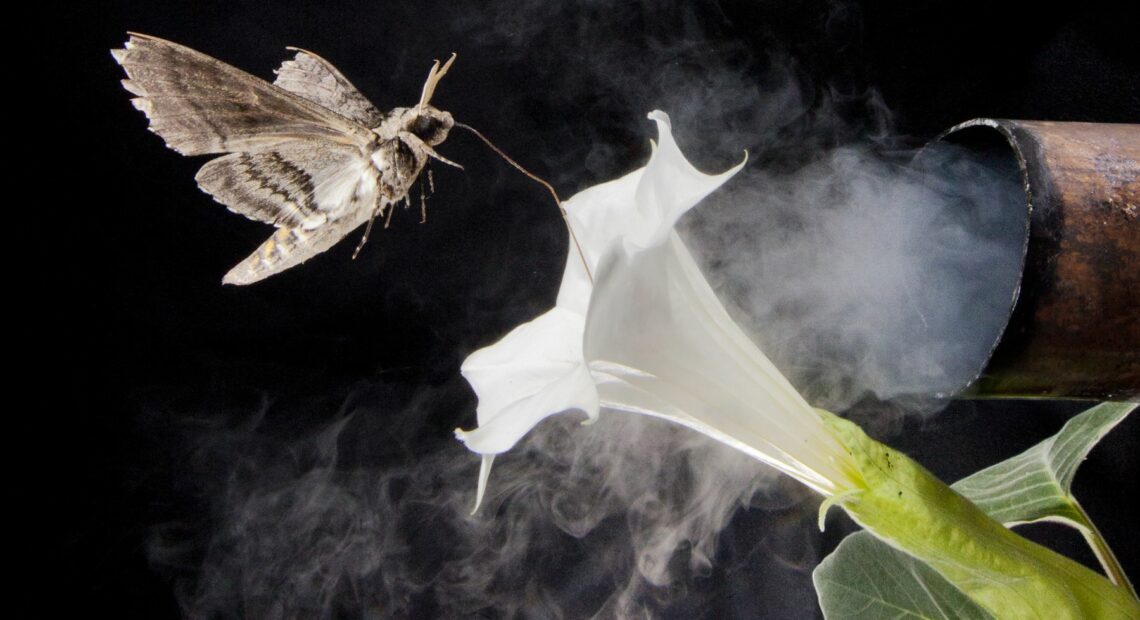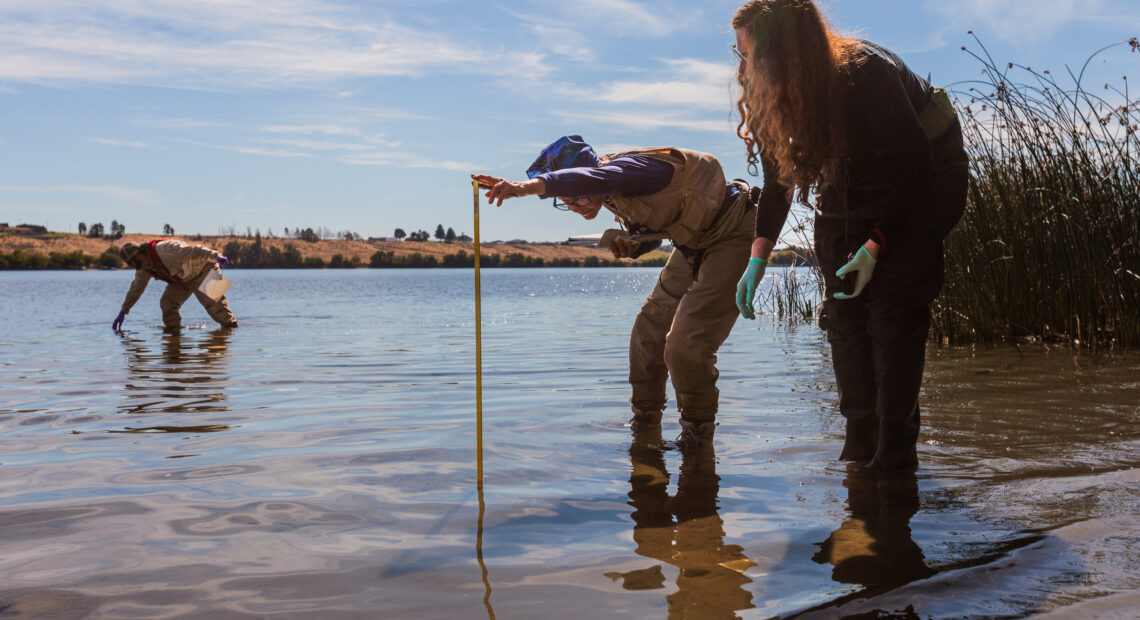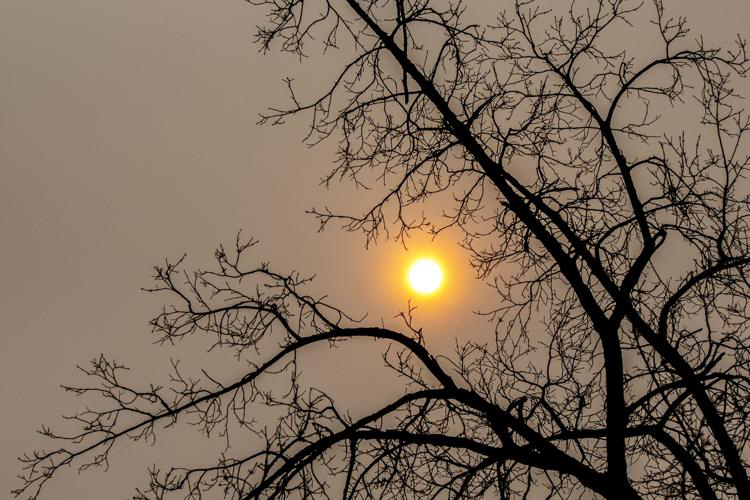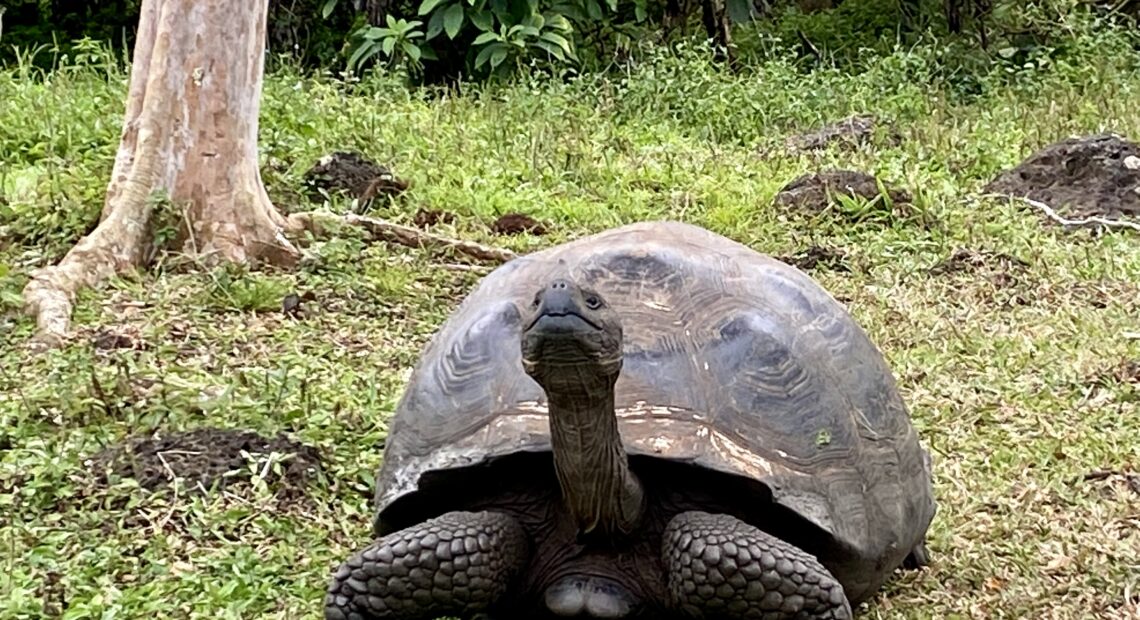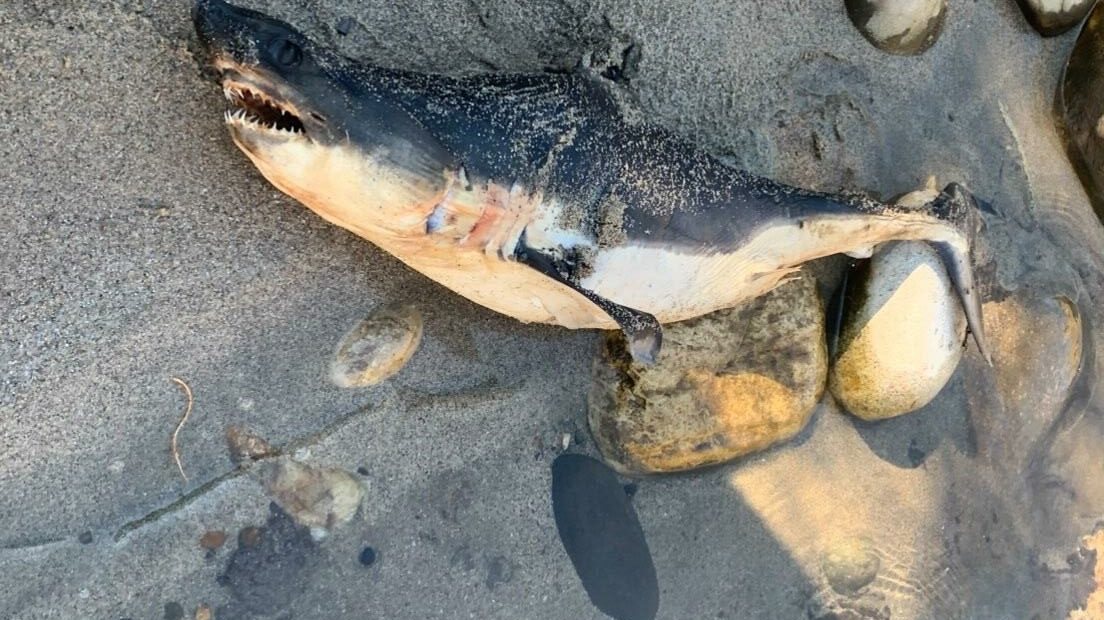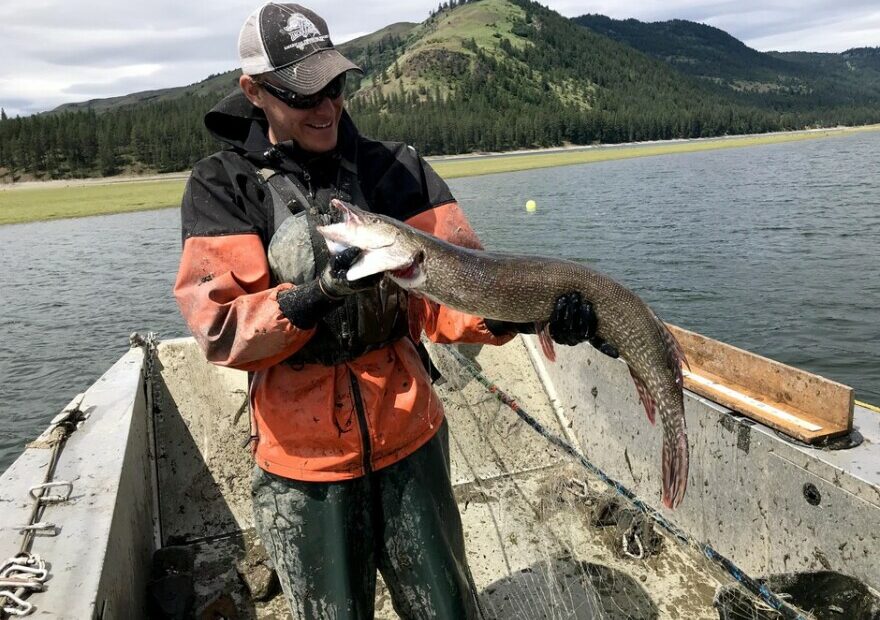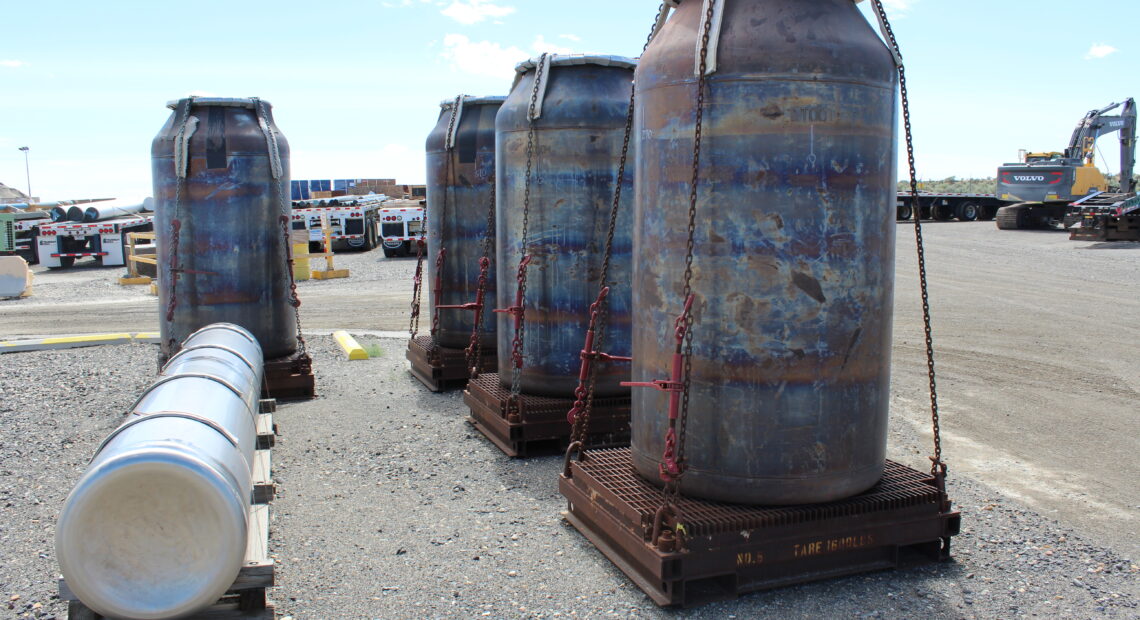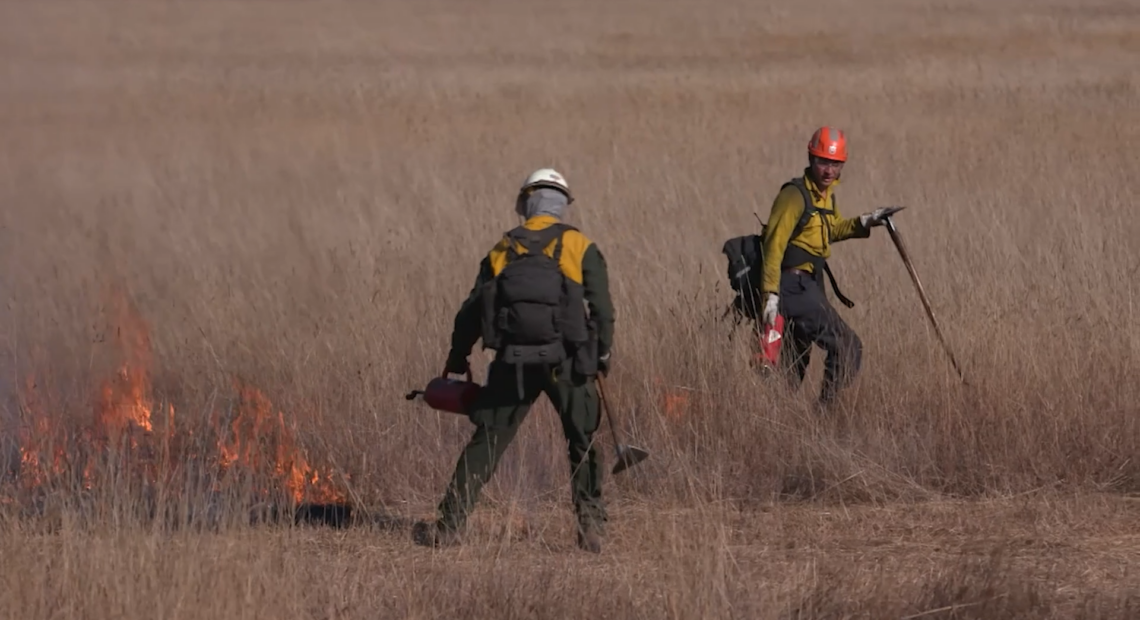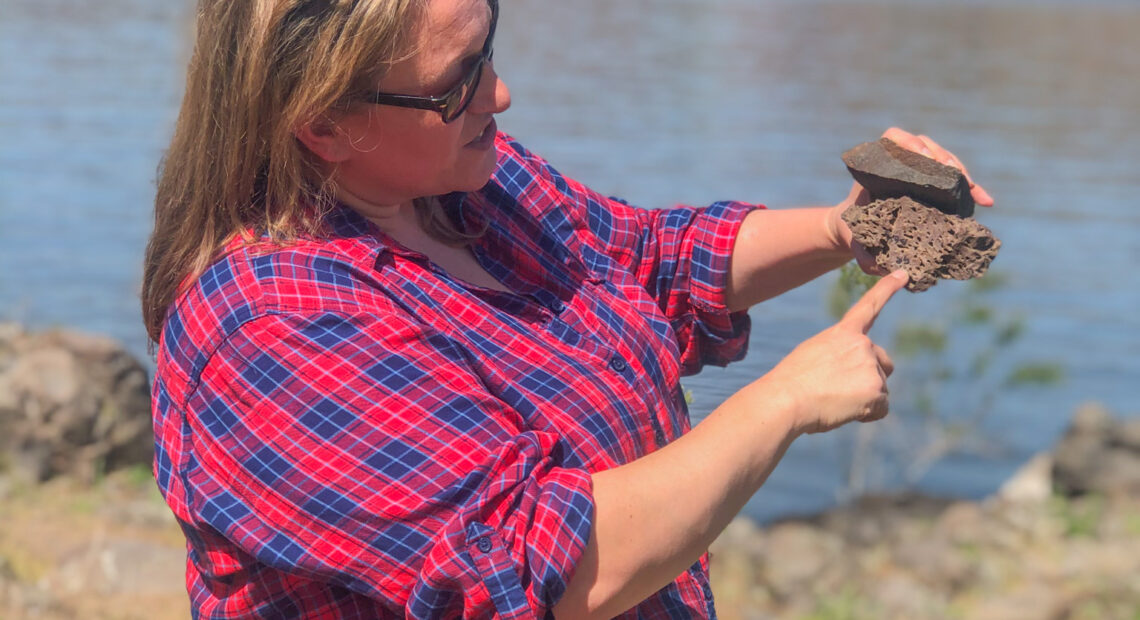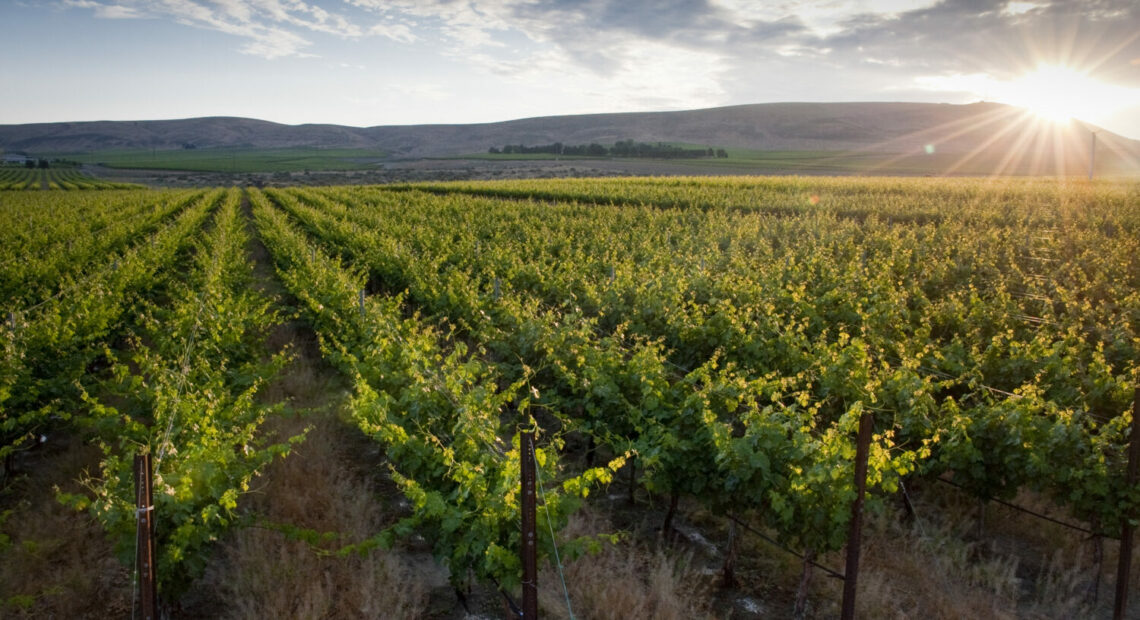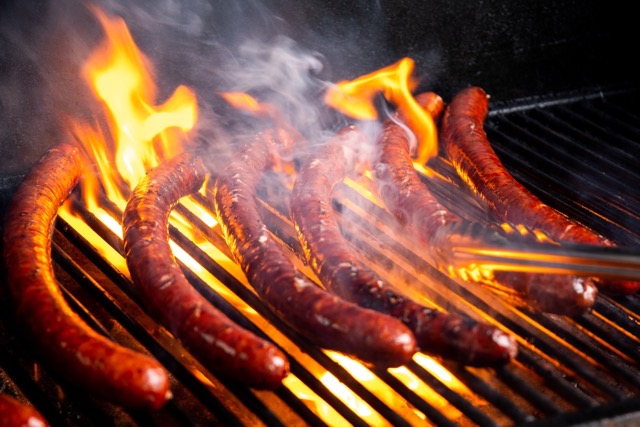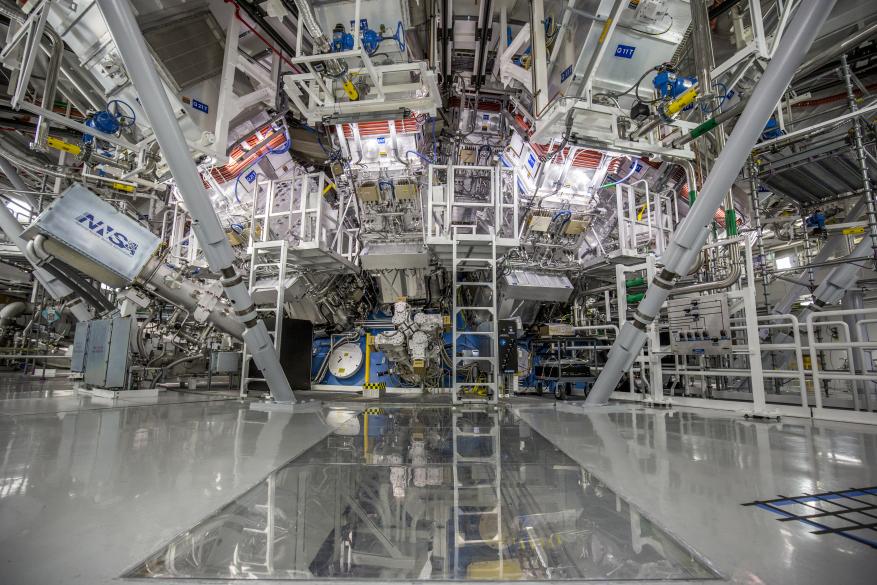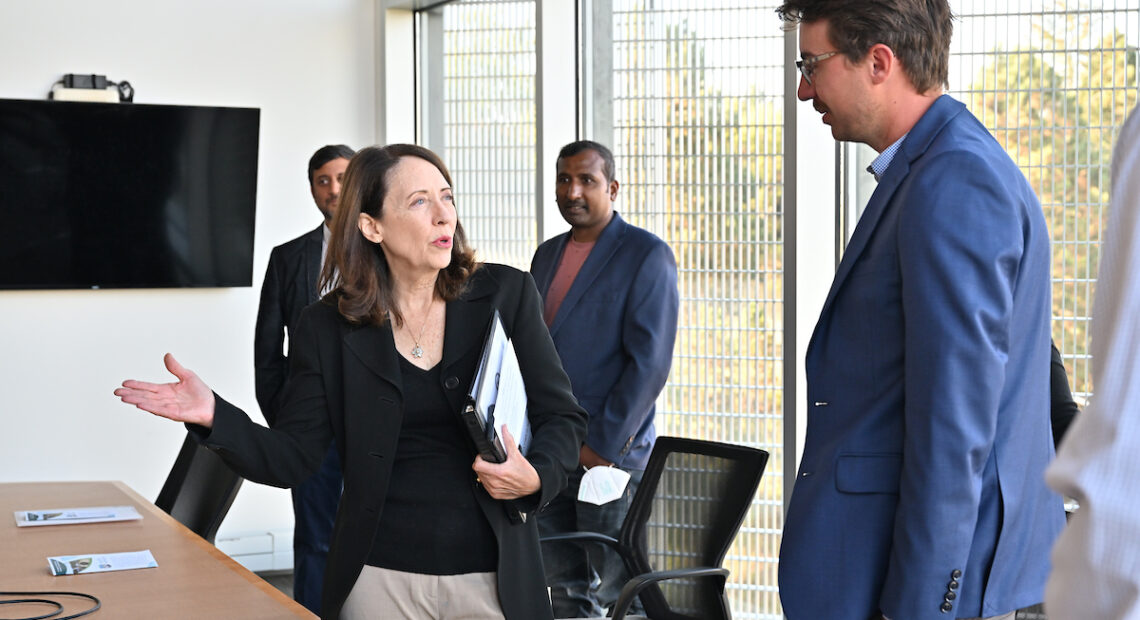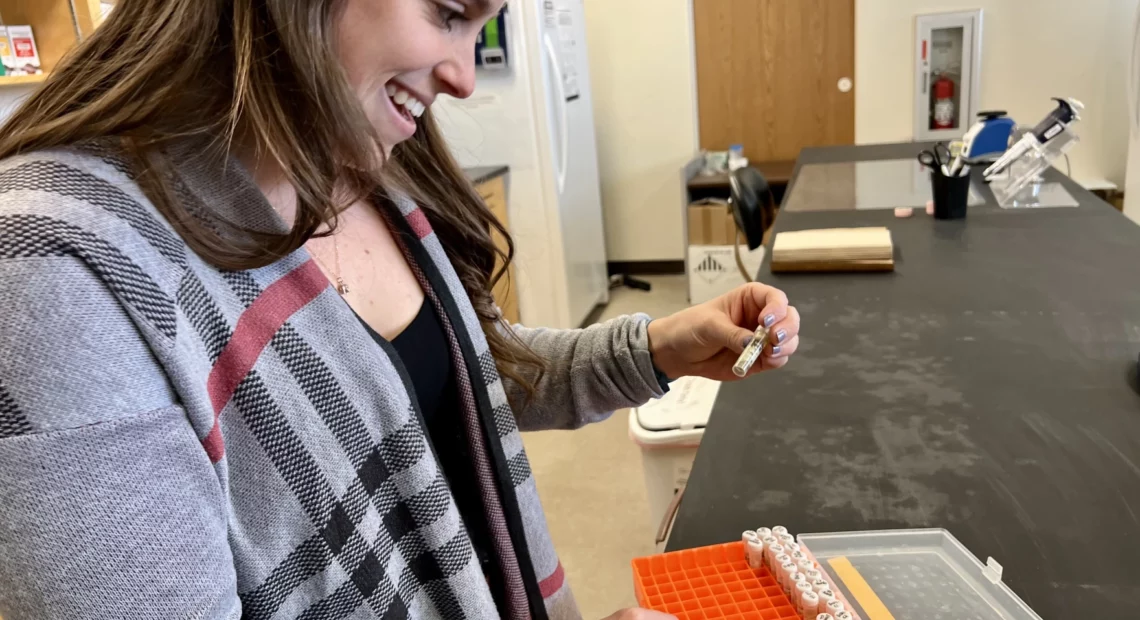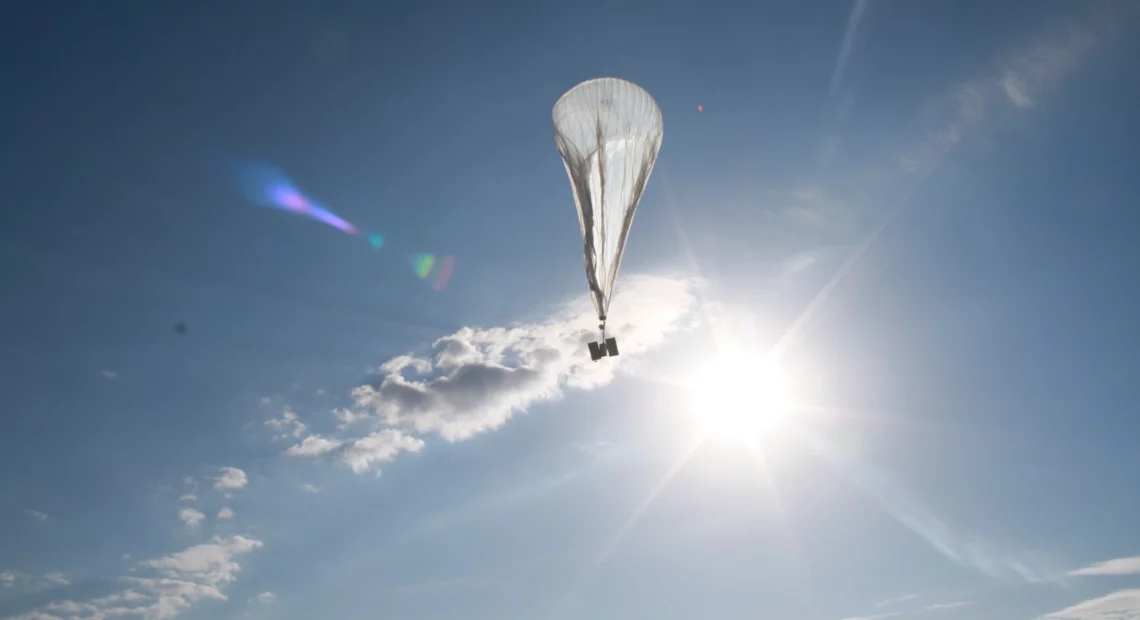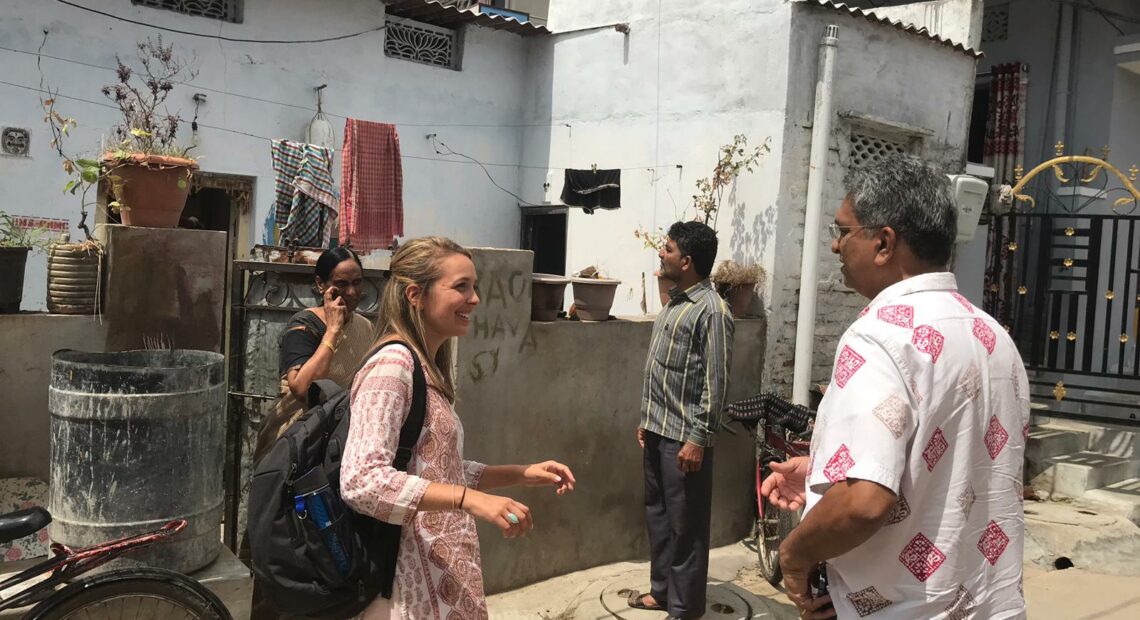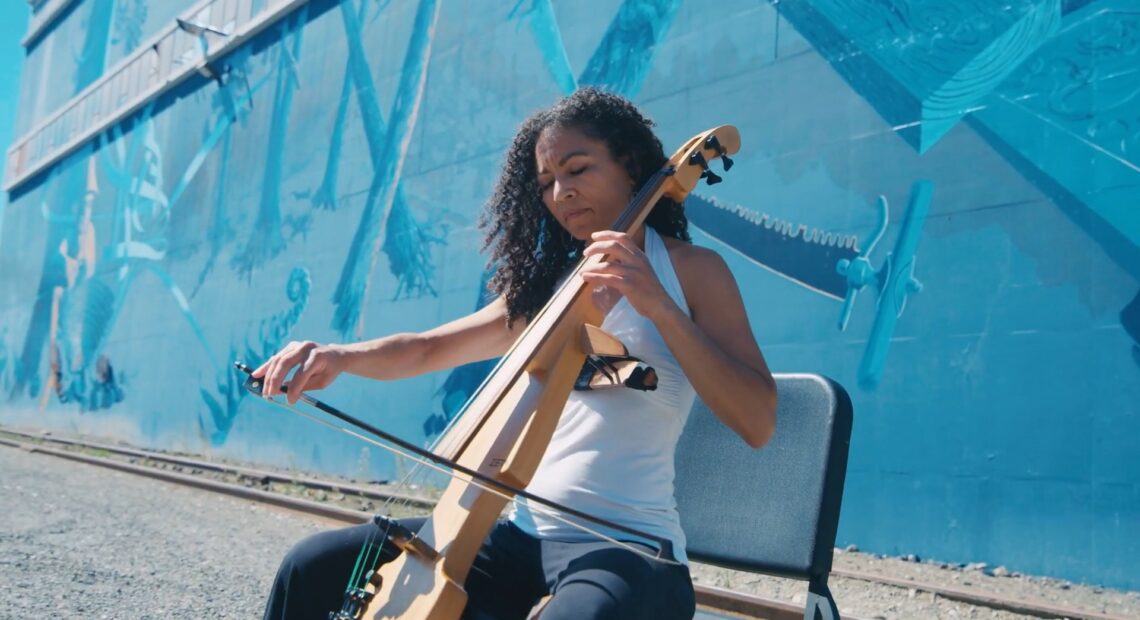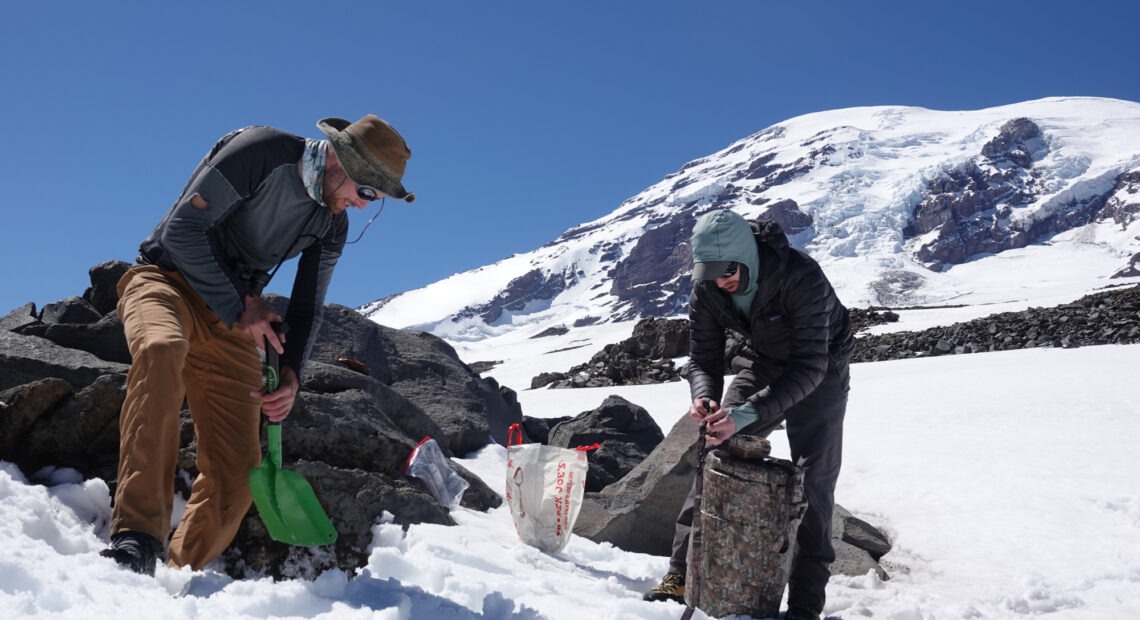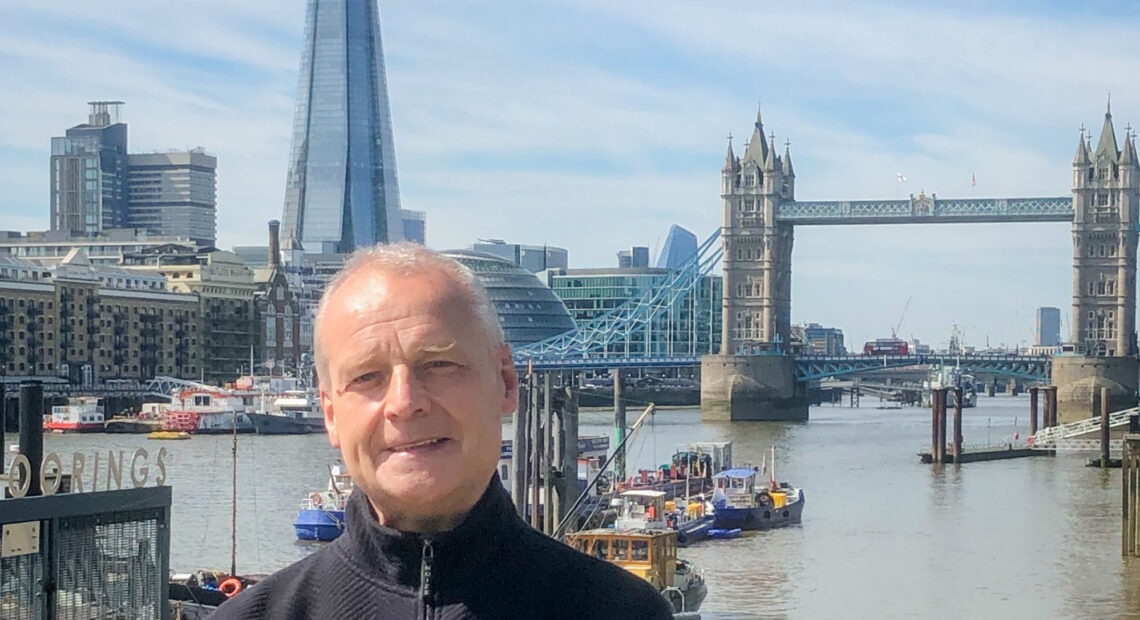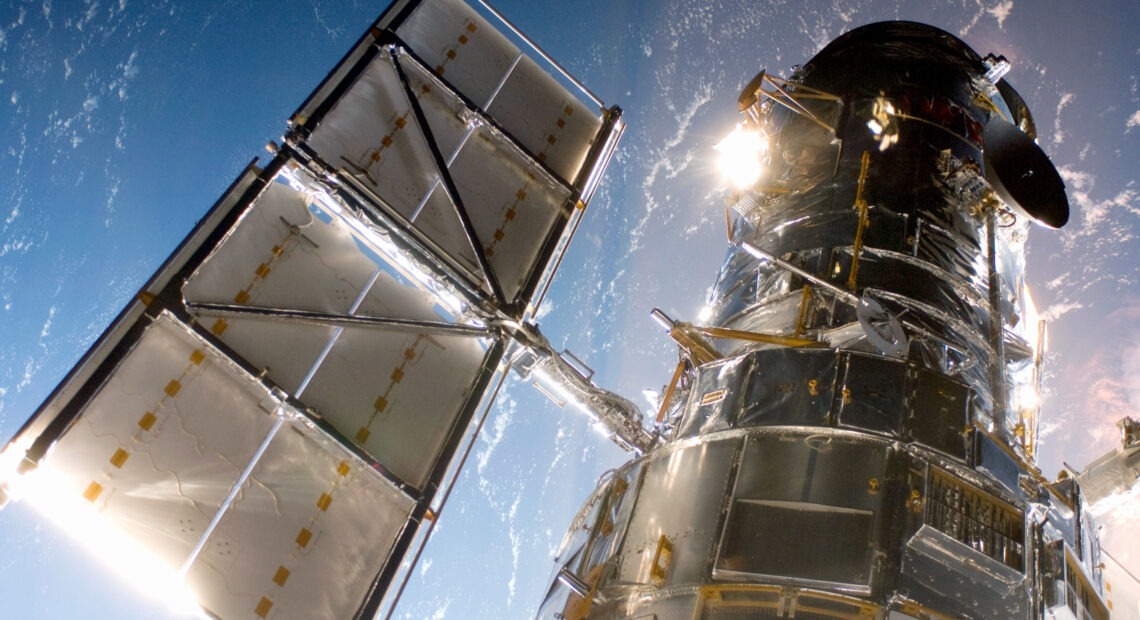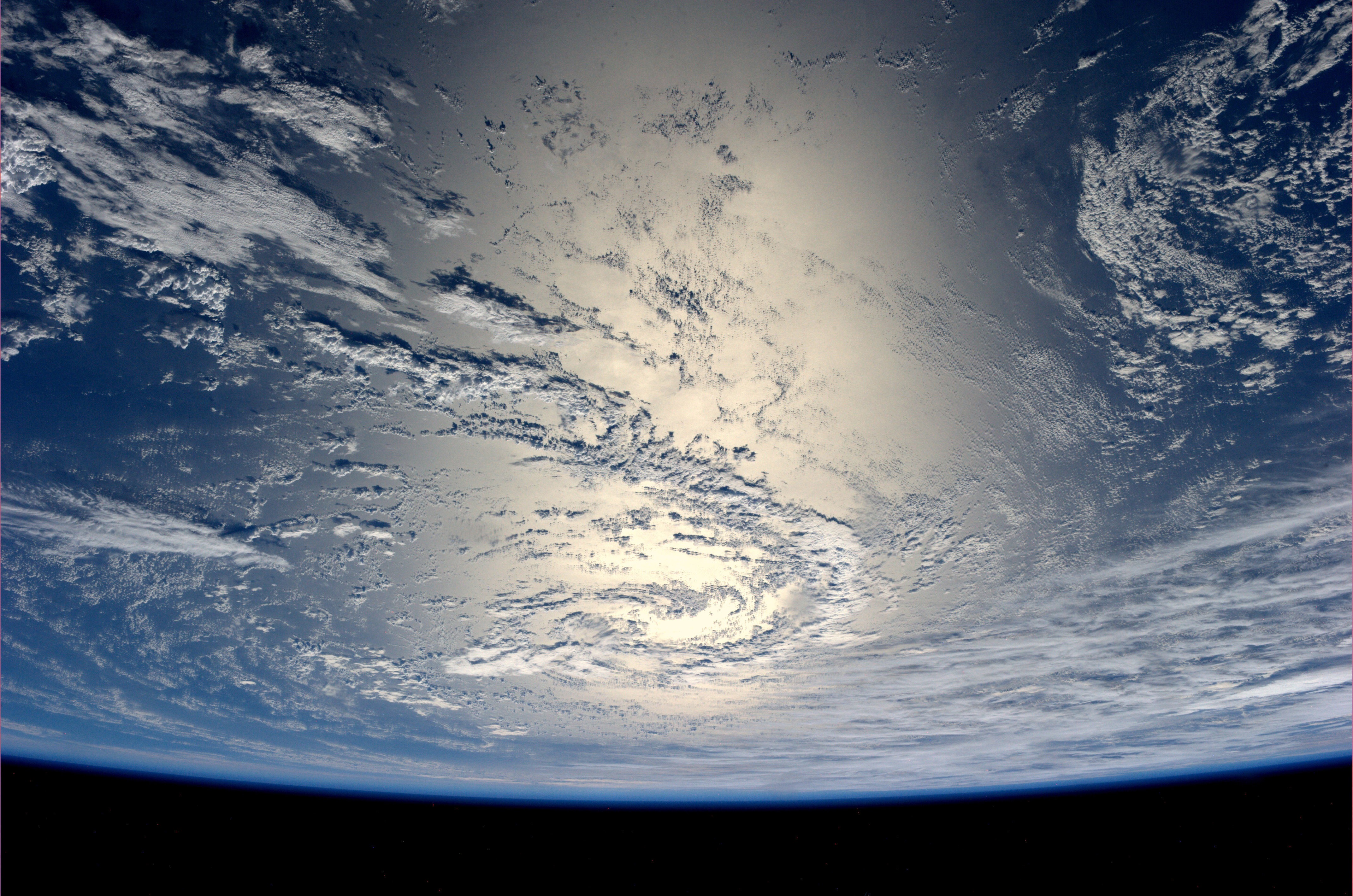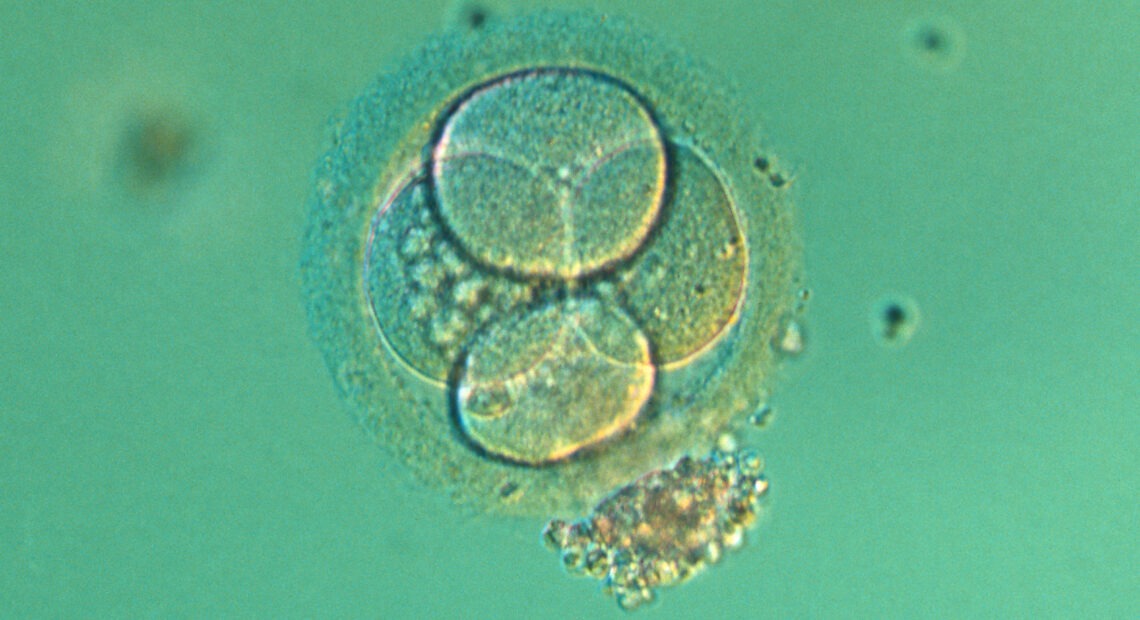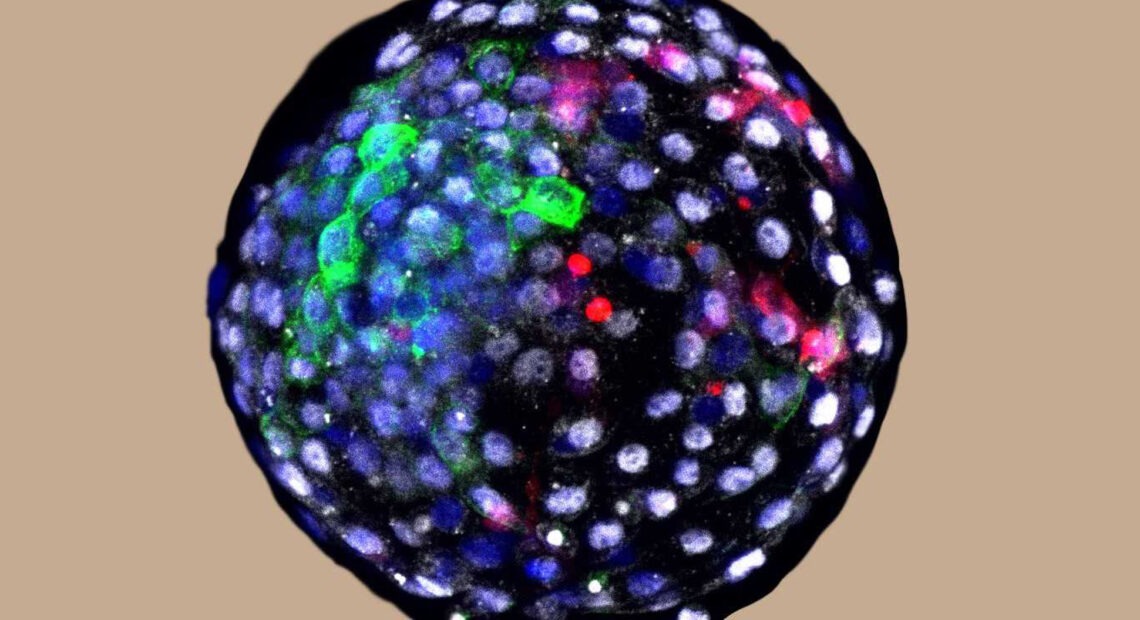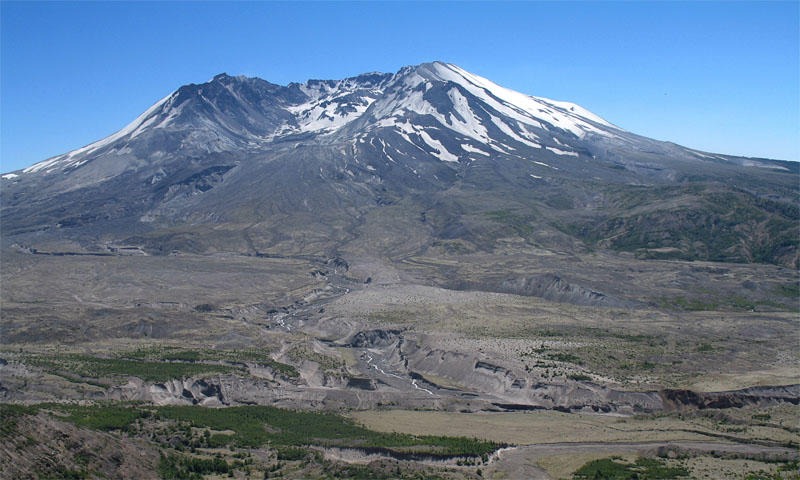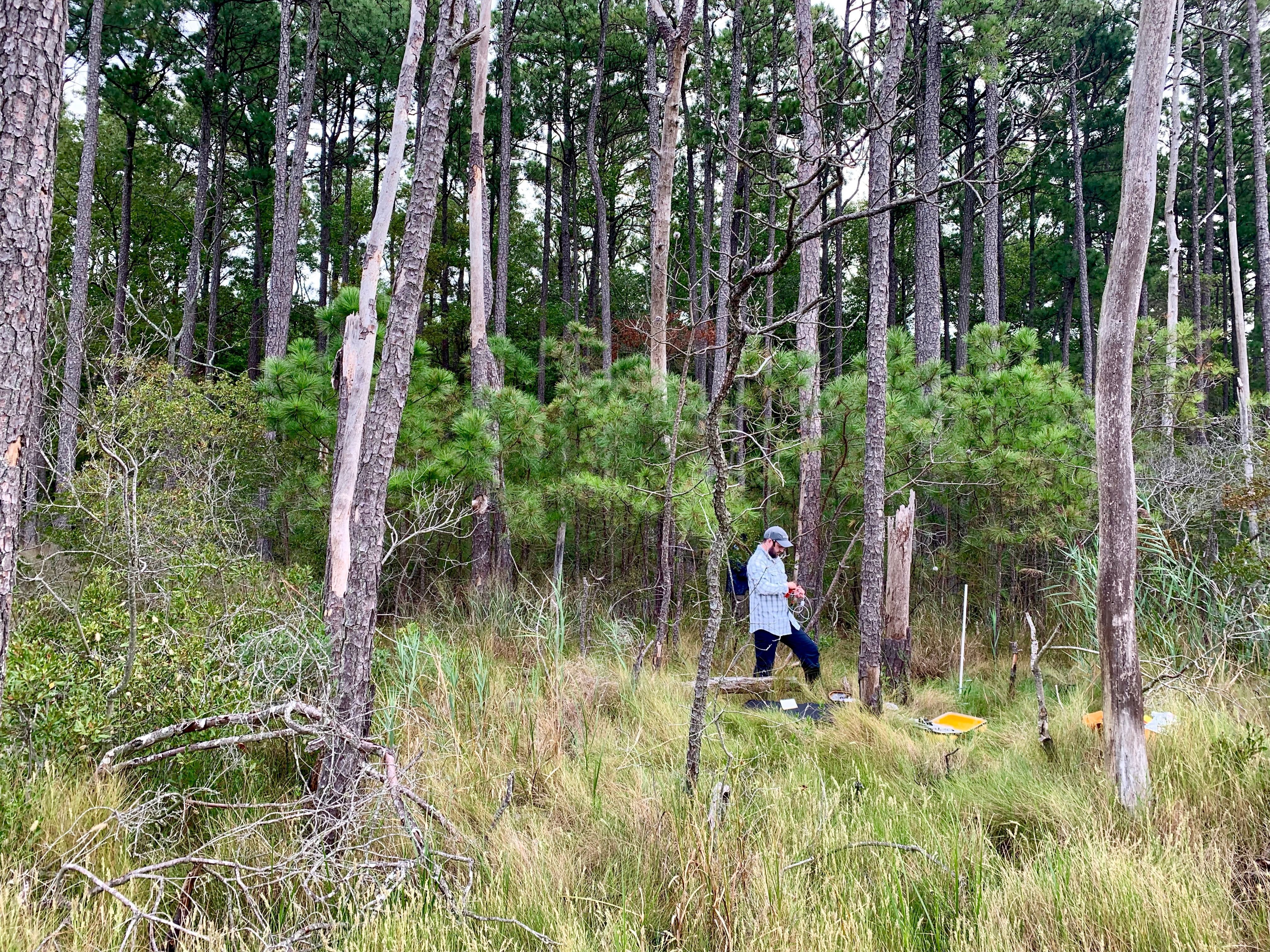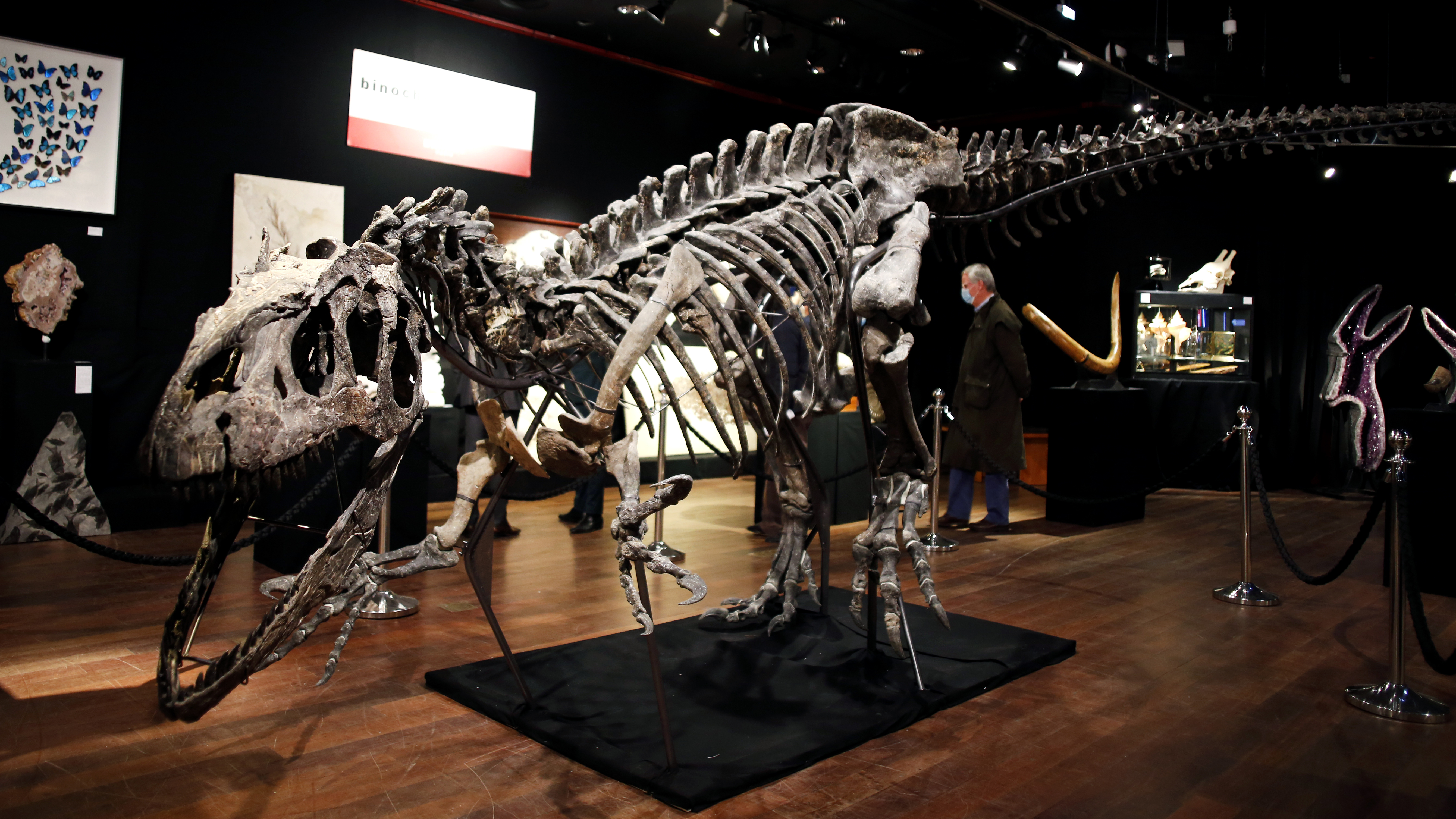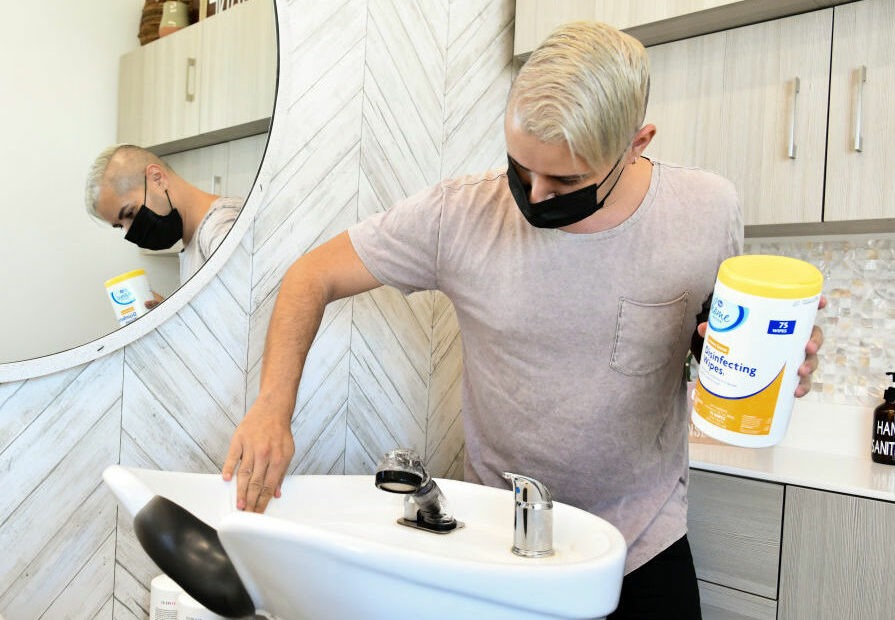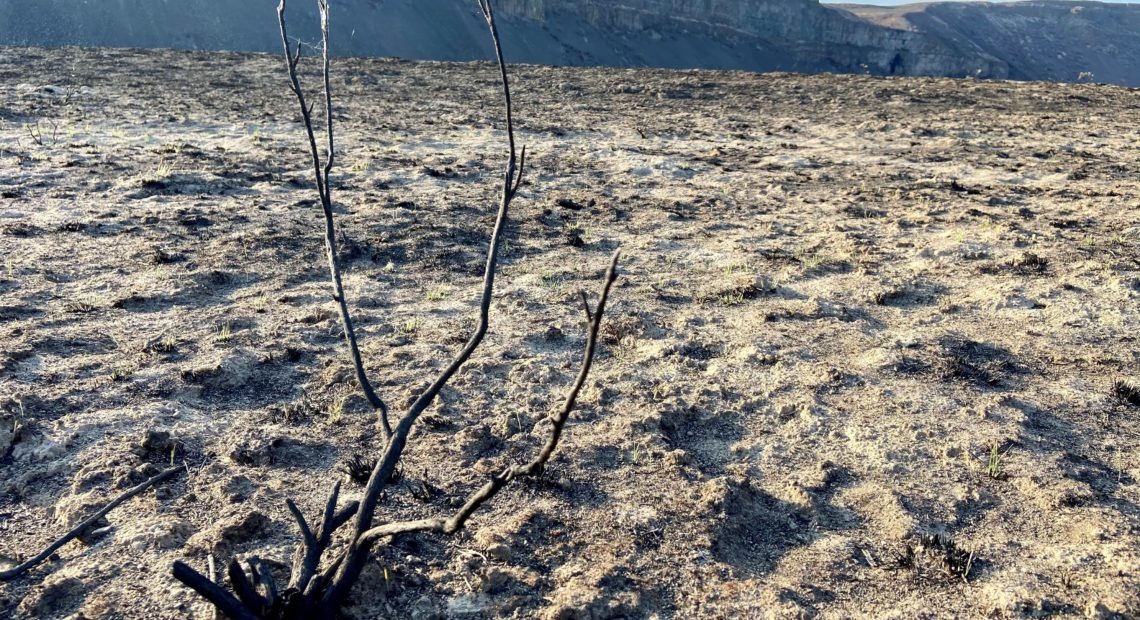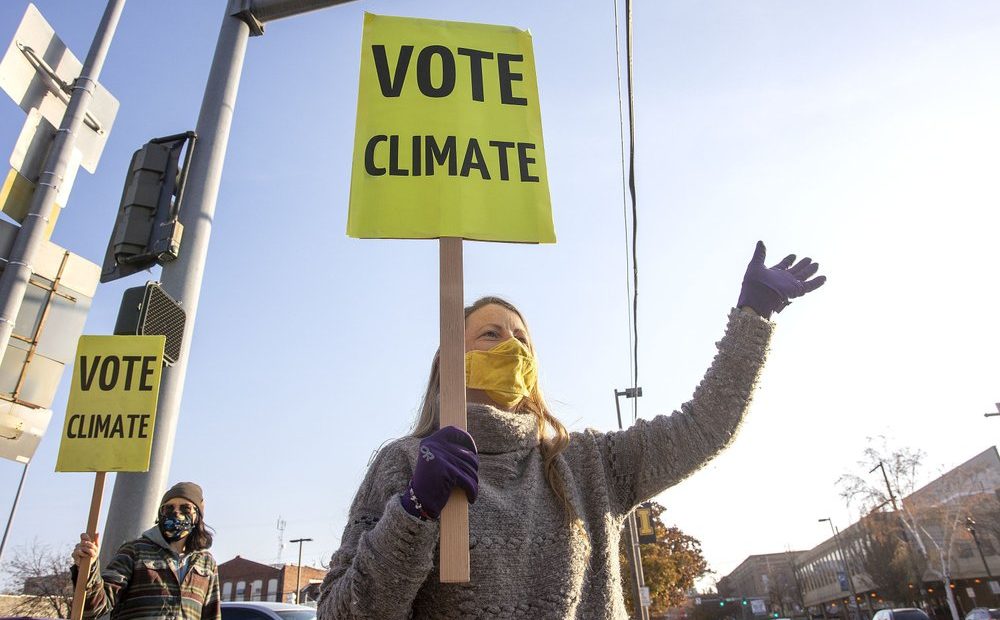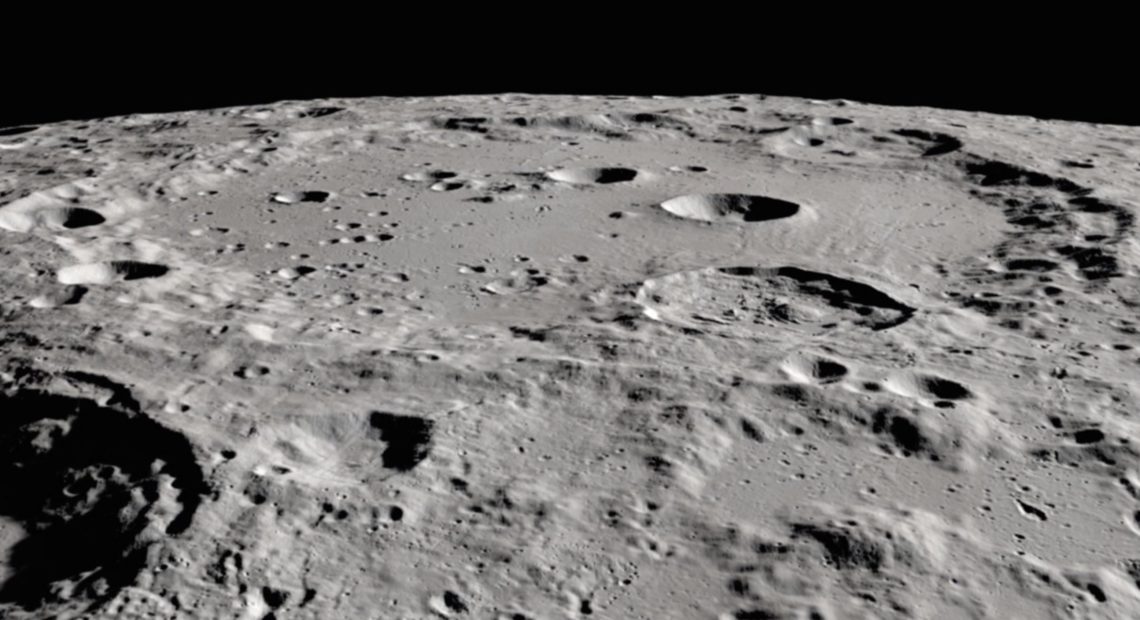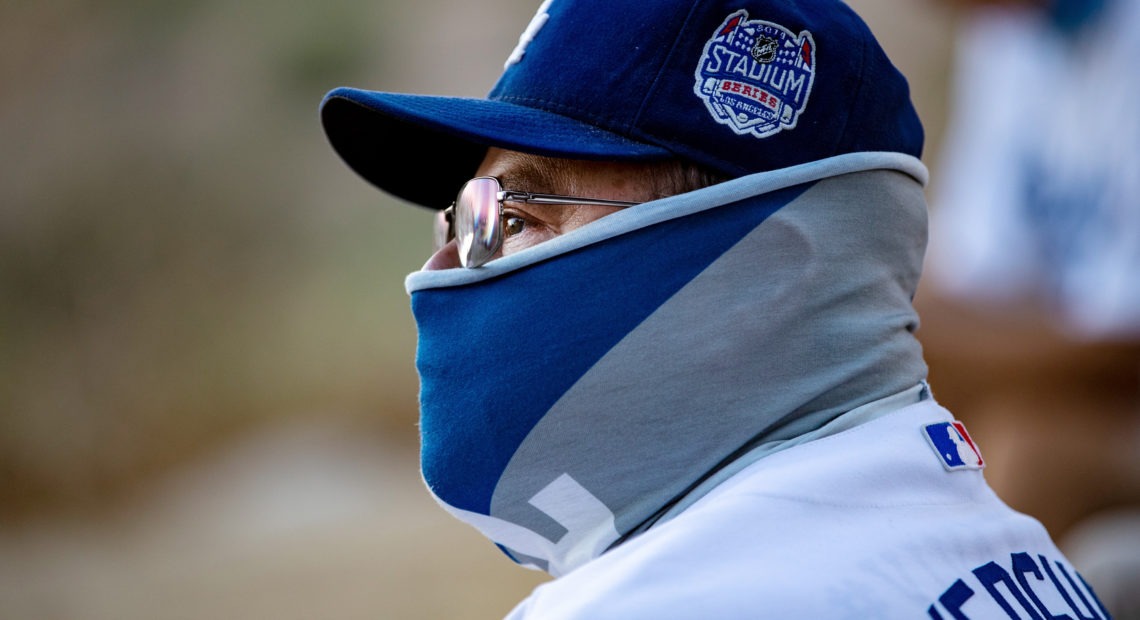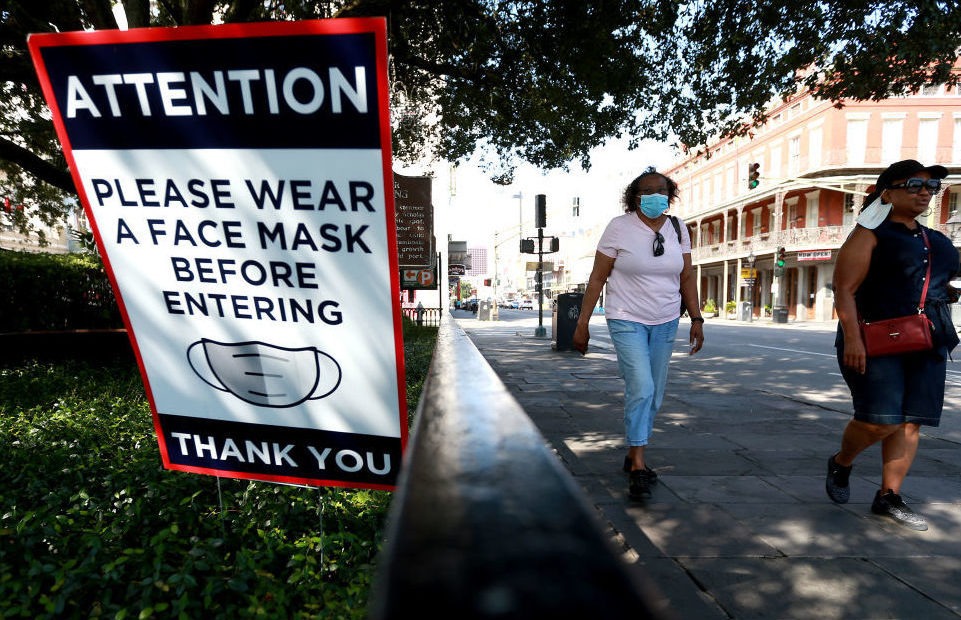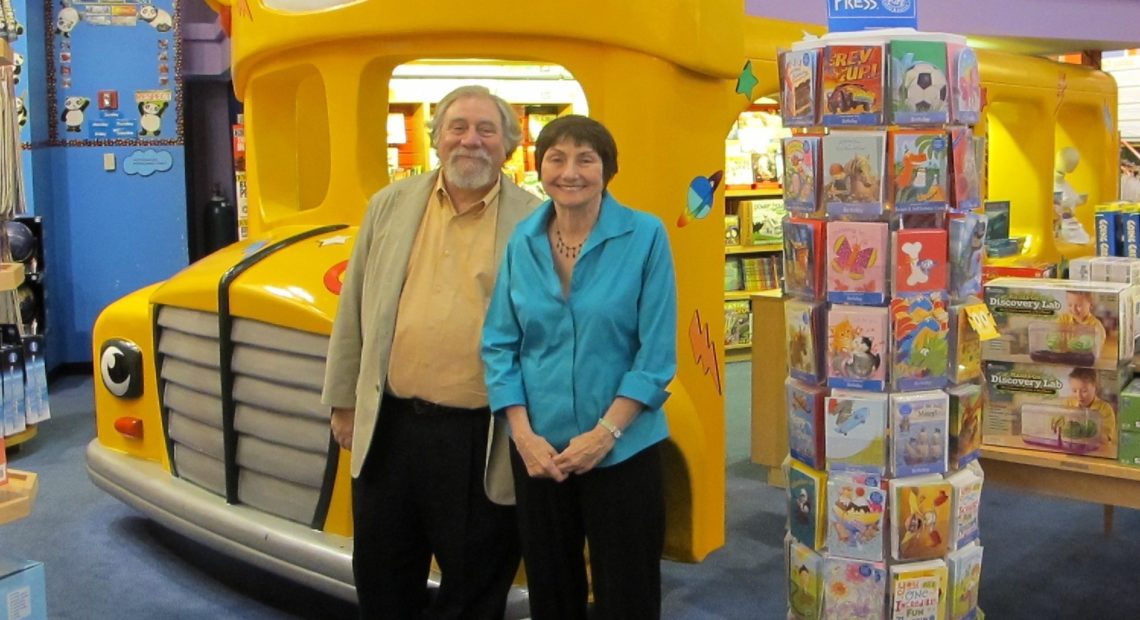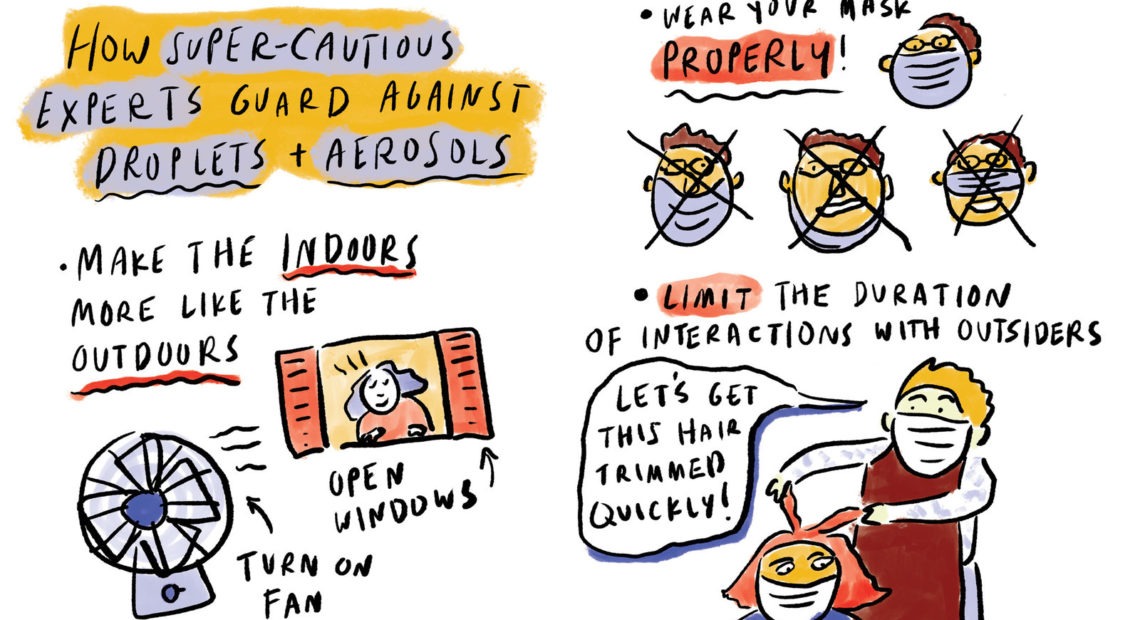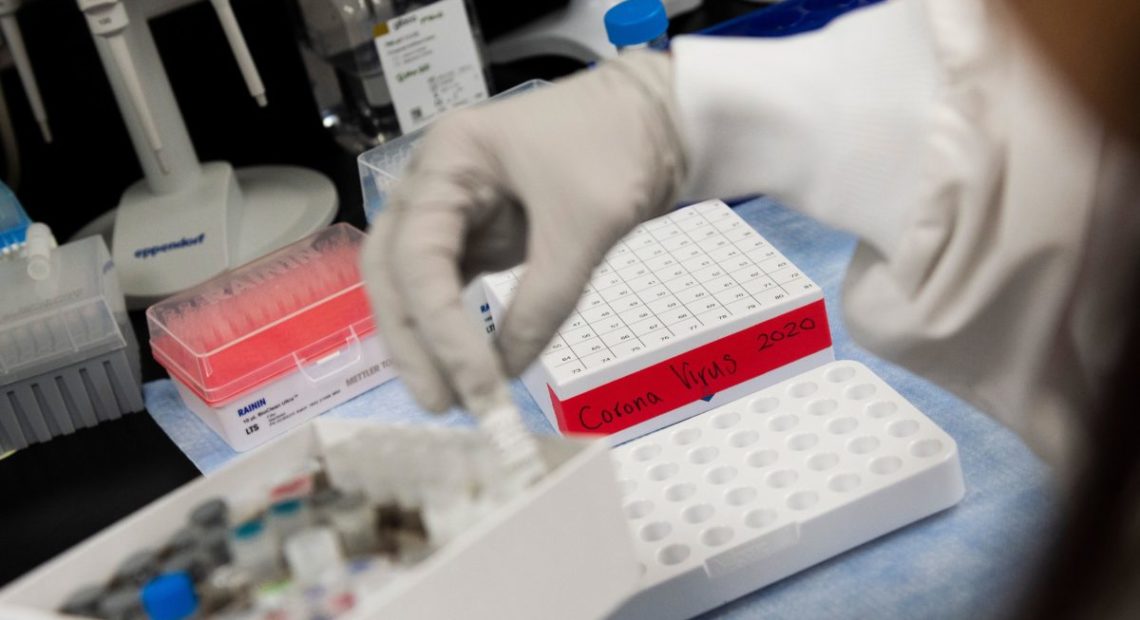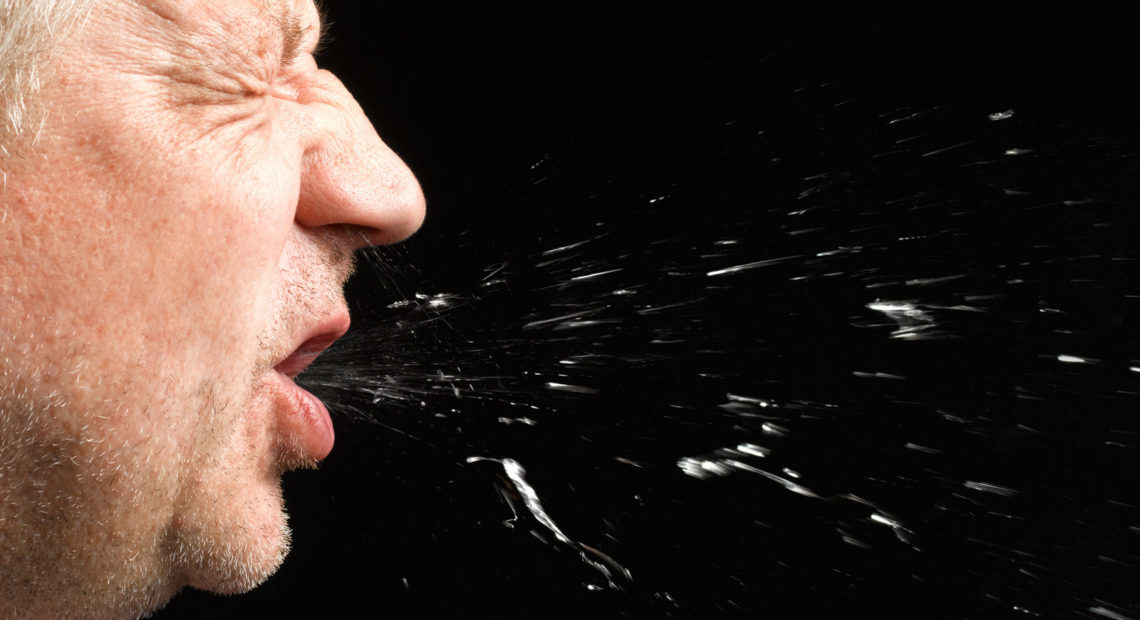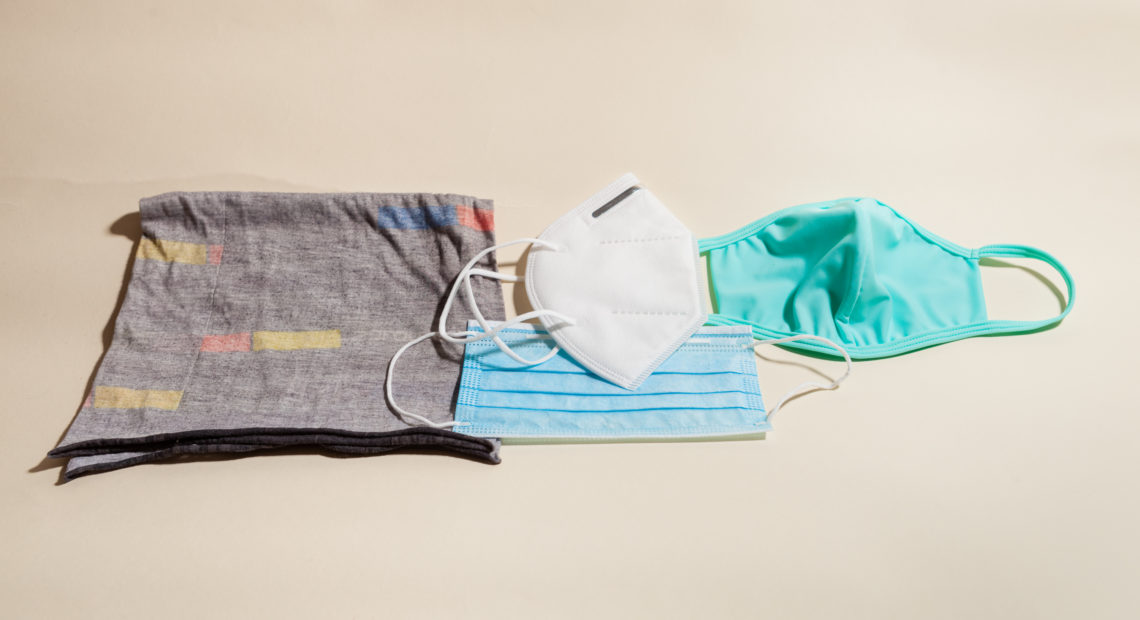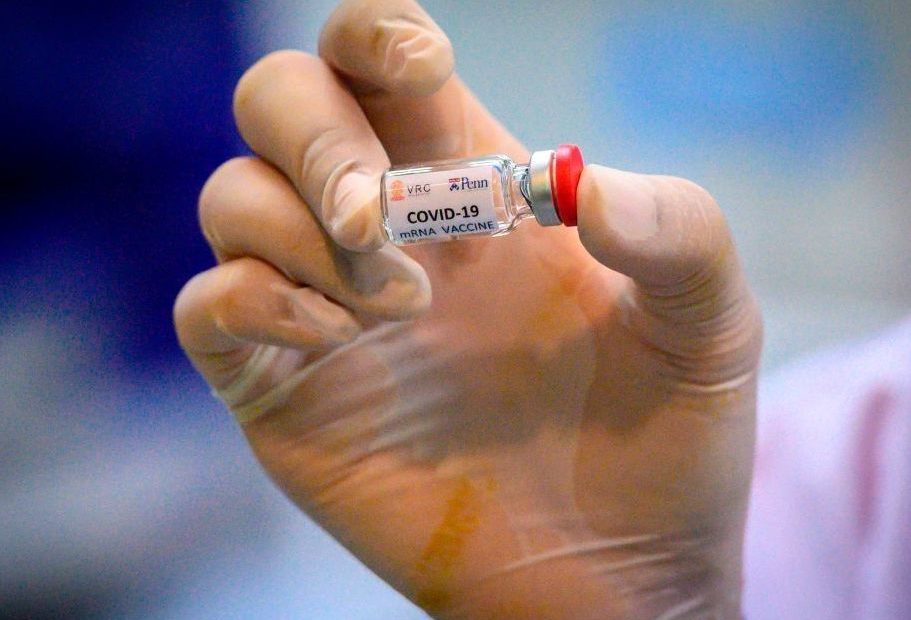An illustration of rats on a treadmill. (Illustration by Rocio del Pilar Benavides / NWPB) Listen (Runtime 1:03) Read If you’ve ever tried to lose any body fat, you may […]Read More
Dan Koditschek, with the University of Pennsylvania, watches Spirit the robot as it walks from rocks to snow on Mount Hood. (Credit: Courtney Flatt / NWPB) Listen (Runtime 4:20) Read […]Read More
Huckleberries are considered a culturally important first food for some Northwest tribes. (Credit: David Baron / Flickr Creative Commons) Listen (Runtime 1:05) Read For the Nez Perce Tribe, connections to […]Read More
Rabbits have long been the animal of choice for several tests to see if cosmetic products are safe, but a new law is banning new animal testing of cosmetic products […]Read More
Researcher Sara Hutton, a doctoral graduate of OSU, extracts RNA for qPCR to test gene expression of genes effected by pyrethroid exposure in the different generations of inland silverside fish. […]Read More
People walk along a trail at Leslie Groves Park in Richland, Wash. (Credit: Courtney Flatt / Northwest News Network) Listen (Runtime 1:02) Read A new study has found – when it […]Read More
A photo illustration of a tobacco hawkmoth navigating to a flower amid air fouled by vehicle exhaust emissions. (Credit: Floris Van Breugel / Courtesy Of The University Of Washington) Listen […]Read More
U.S. Environmental Protection Agency scientists Rochelle Labiosa (right) and Lil Herger examine the Columbia River for toxic algae as Jason Pappani leans over to reach into the water. (Credit: Rajah […]Read More
As wildfires become more prevalent, researchers are looking at how their smoke could affect health outcomes.Read More
A giant tortoise on Santa Cruz Island in the Galapagos. (Courtesy of Courtney Flatt.) Listen (Runtime 1:13) Read Northwest researchers have discovered that turtle shells can help track radioactive material […]Read More
On August 16th, a salmon shark was reported on the shores of the Salmon River in Riggins, Idaho. How the shark ended up on the beach is still unknown. (Credit: […]Read More
Biologists are catching as many northern pike as they can in Lake Roosevelt, the reservoir held back by the Grand Coulee Dam. CREDIT: Courtney Flatt Listen (Runtime 0:54) Read Right […]Read More
Several low-activity waste containers sit at Hanford, while one high-level waste canister lays in the foreground. [Photo courtesy of Washington Department of Ecology.] Read A massive melter intended to help […]Read More
As the days get hotter and warmer, many Washingtonians are gearing up for the wildfires that will ignite across the region this year, causing smoky skies, evacuations and potentially devastating loss. Read More
Casie Davidson, a scientist at Pacific Northwest National Laboratory, points out how basalt rocks are layered on top of each other. The rocks formed millions of years ago after volcanic […]Read More
Sunrise over Red Mountain vineyards in central Washington. (Credit: Andrea Johnson Photography/Washington State Wine Commission) Listen (Runtime 1:03) Read It’s been a slower start to spring in the Pacific Northwest, […]Read More
Blake Foraker grills gene-edited German-style sausages at Washington State University. Credit: Connor Henricksen Listen (Runtime 3:58) Read At a barbecue on campus last week, flames licked a set of sausage […]Read More
The target chamber of LLNL’s National Ignition Facility, where 192 laser beams delivered more than 2 million joules of ultraviolet energy to a tiny fuel pellet to create fusion ignition […]Read More
Senator Cantwell visits environmental technology and cryogenic hydrogen research lab on the campus of Washington State University. October, 12, 2022. (WSU Photo Services) Listen Democratic Sen. Maria Cantwell met with […]Read More
A growing technology is helping scientists save time and effort when they study rare critters and vast places.Read More
The U.S. Forest Service is looking at something different — very different — to improve situational awareness at big wildfires: high altitude balloons.Read More
WSU researchers and an eco-building startup in Tacoma are teaming up to create affordable and sustainable roofing for consumers across the world. They have a goal— to make roofing material that is sustainable, adaptable to different parts of the world, and affordable for people living on less than $5 a day. Read More
The pandemic is still churning, but as we round the corner on its second year, we can look back on how we’ve adapted, created and lived. One mark of this perseverance is the rollout of the Tacoma Creates program, the first program in Washington state under recent Cultural Access Legislation. Read More
There are thread-like worms on Mount Rainier that reserachers are looking at live at 32 degrees or they die... called ice worms. Read More
CRISPR has already been shown to help patients suffering from the devastating blood disorders sickle cell disease and beta thalassemia. And doctors are trying to use it to treat cancer and to restore vision to people blinded by a rare genetic disorder.Read More
The storied space telescope that brought you stunning photos of the solar system and enriched our understanding of the cosmos over the past three decades is experiencing a technical glitch.Read More
BY KAREN ZAMORA, JUSTINE KENIN & EMMA BOWMAN Most of us learned about the world’s oceans in elementary school. There’s the Pacific, the Atlantic, the Indian and the Arctic. Now, […]Read More
For decades, scientists have been prohibited from keeping human embryos alive in their labs for more than 14 days. The prohibition was aimed at avoiding a thicket of ethical issues that would be raised by doing experiments on living human embryos as they continue to develop.Read More
The embryos, described Thursday in the journal Cell, were created in part to try to find new ways to produce organs for people who need transplants, says the international team of scientists who collaborated in the work. But the research raises a variety of concerns.Read More
Conservation groups and scientists are challenging a federal decision to build a road through the Mount St. Helens blast zone, saying it would damage more than two dozen decades worth of irreplaceable research plots.Read More
Trees have a little secret you might not know about. Yes, they produce oxygen. Yes, they take in carbon dioxide, a heat-trapping greenhouse gas. But, they also emit methane. Methane is a greenhouse gas that can be significantly more potent than carbon dioxide.Read More
For decades, the prevailing theory about the extinction of the dinosaurs was that an asteroid from the belt between Mars and Jupiter slammed into the planet, causing cataclysmic devastation that wiped out most life on the planet.Read More
Robert F. Kennedy Jr. is now blocked from Instagram after he repeatedly undercut trust in vaccines. Kennedy has also spread conspiracy theories about Bill Gates, accusing him of profiteering off vaccines and attempting to take control of the world's food supply.Read More
Scientists have learned a lot this year about the coronavirus and how it's transmitted, and it turns out all that scrubbing and disinfecting might not be necessary.Read More
People who get more deep sleep appear less likely to develop Alzheimer's. That may be because this phase of sleep allows the brain to clear out waste products.Read More
Eli Lilly's monoclonal antibody will be available to people 65 or older or those with underlying health conditions. Supplies will be short, and allocating the medicine will be a challenge.Read More
As Washington works to combat climate change, can rangelands be better managed to make wildfires less catastrophic? What are the most effective solutions to remove invasive grasses, like cheatgrass, which dries out quickly, burns extremely hot and helps fires jump from bunchgrass to bunchgrass?Read More
The move, long threatened by President Donald Trump and triggered by his administration a year ago, further isolates Washington in the world but has no immediate impact on international efforts to curb global warming.Read More
The breakthrough suggests that water, vital to life on Earth, could be distributed across more parts of the lunar surface than the ice that has previously been found in cold and dark places.Read More
Experts look into a new study that claims wearing a neck gaiter may be worse than no mask at all. And they discuss other face coverings such as goggles and plastic face shields.Read More
How can communities stop coronavirus case surges without crushing the economy? Some scientists say widespread mask wearing may be more than a helpful precaution — it may be the solution.Read More
The solo briefing came as cases of COVID-19 continue to surge in hot spots across the country. Read More
Testing in more than 1,000 people found the vaccine spurred an immune response and had no severe side effects. Larger trials are underway.Read More
The 75-year-old author of more than 250 books for children — including The Magic School Bus series, which became a beloved staple of PBS' children's programming, died July 12. Read More
The carefully followed death toll from COVID-19 may not fully capture the loss of life during the pandemic. Analysis of state and federal statistics for deaths from all causes shows hundreds of additional deaths above normal levels this spring in the Pacific Northwest. Some or many of those may actually be missed COVID deaths.Read More
For background, aerosols are tiny microdroplets containing the virus that can be expelled when we talk or breathe and can stay aloft and travel on air currents. It's still unclear how much of a role they play in spreading the virus, but recently more than 200 scientists wrote an open letter asking the World Health Organization to pay more attention to them.Read More
There are lots of different ways to formulate a vaccine, and all of them are now being considered for coronavirus. Some vaccines use common methods to confer immunity, while others are entirely experimental — they’ve never before been approved for use.Read More
An open letter signed by 239 researchers addressed to the World Health Organization, published Monday in Clinical Infectious Diseases, calls for attention and guidance around a third route of transmission: tiny respiratory particles that float in the air and are called aerosols. They could be responsible for infecting someone who comes along and breathes them in.Read More
They're made of cotton. Or polyester. Or paper. Or polypropylene. Here's what researchers say about the effectiveness of the different types of face masks during this pandemic.Read More
Some of the technology behind coronavirus vaccine development dates back to the first vaccines; other techniques are much newer. Here are eight top strategies scientists are pursuing.Read More

